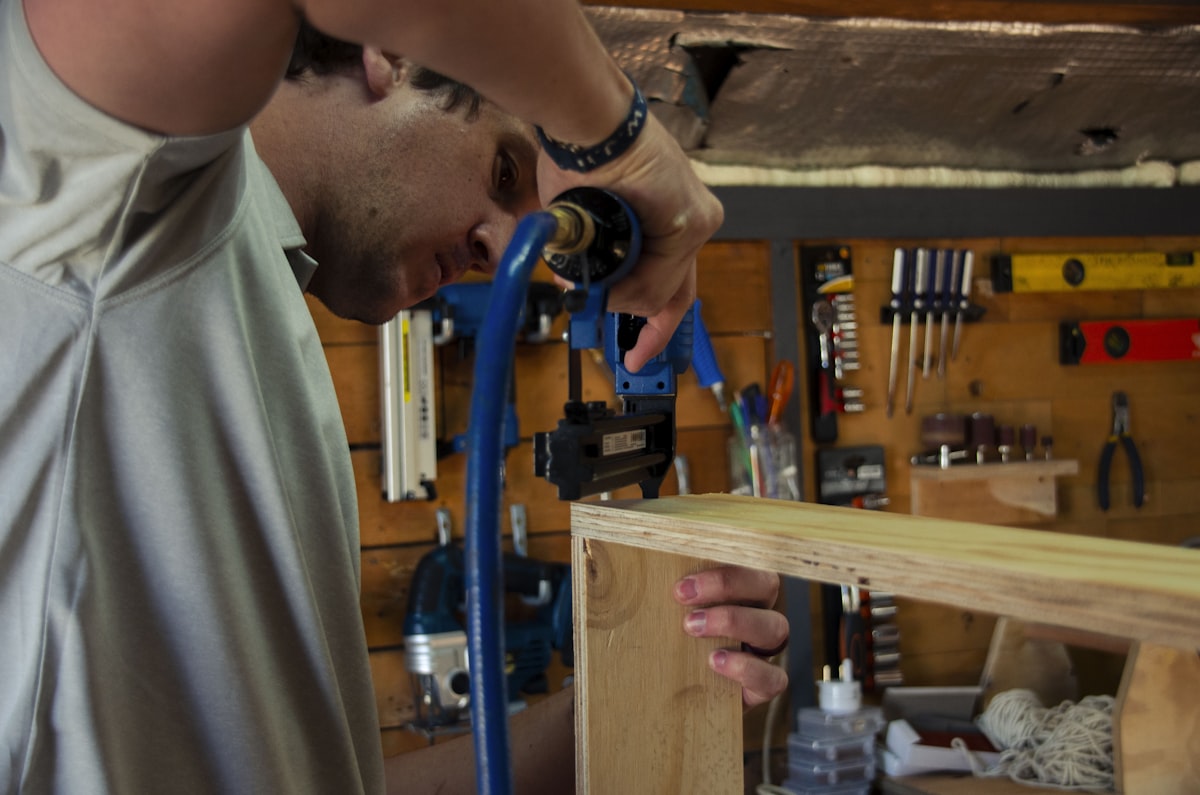Moving Madness: Navigating the Chaos Without Losing Your Mind
Relocating to a new home can be a daunting task. The mix of excitement and stress often leads to what many call moving madness. To help you navigate this chaotic period, here are some tips and advice from seasoned movers and experts.
Planning Ahead

Successful moves start with meticulous planning. Create a checklist and timeline at least two months before your move. This serves as a reference guide and helps keep you on track. These are some crucial initial tasks:
- Research moving companies and get quotes.
- Notify utility companies and service providers of your move.
- Start collecting packing supplies such as boxes, tape, and markers.
Declutter Before Packing
One of the best opportunities to declutter is right before a move. Be ruthless. Sort through your possessions and separate them into categories: keep, donate, sell, or toss. This reduces the amount of stuff you need to pack and move, saving time and money. Consider these tips:
- Hold a garage sale for items you no longer need.
- Donate gently used items to local charities.
- Dispose of broken or outdated items responsibly.
Efficient Packing Techniques
Packing is perhaps the most overwhelming aspect of moving. Streamline this process by using efficient packing techniques. Begin with items you use least often, such as seasonal clothes or rarely-used gadgets. Label boxes clearly, noting the room they belong in and a brief description of the contents. Use appropriate materials to protect fragile items. Consider these points:
- Use small boxes for heavy items like books and dishware.
- Wrap fragile items in bubble wrap or newspaper.
- Pack an essentials box with items you’ll need immediately upon arrival.
Hiring Professional Movers
Professional movers can be a huge help, especially for larger households or long-distance moves. Research and book a reputable moving company well in advance. Ask for recommendations, read reviews, and check credentials. A reliable mover will offer an in-person or virtual survey of your belongings to provide an accurate quote. Keep these factors in mind:
- Ensure the company is licensed and insured.
- Get multiple estimates in writing.
- Inquire about additional services like packing or temporary storage.
Moving Day Essentials
When the big day arrives, being prepared is crucial. Have everything packed and ready to go the night before. Keep essential documents, medications, and valuables with you rather than in the moving truck. Make sure you have access to your new home and that utilities are set up. Useful tips include:
- Charge your phone and keep a portable charger handy.
- Keep snacks and water accessible for everyone involved.
- Do a final walkthrough of your old home to ensure nothing is left behind.
Settling Into Your New Home
Unpacking can be just as overwhelming as packing. Start with essential rooms like the kitchen and bedrooms. Establish a system to organize your new space effectively. Unpack boxes systematically and avoid cluttering your new home. Utilize these strategies:
- Unpack essentials first to make your new home livable quickly.
- Break down boxes and organize recycling promptly.
- Take time to envision and plan the layout of each room.
Handling Unexpected Challenges
No move goes perfectly smoothly. Be prepared for unexpected challenges and maintain flexibility. Whether it’s a delay in moving trucks or misplaced items, staying calm and adaptable will help you manage these hiccups. Preventative measures include:
- Have a backup plan for temporary accommodation if needed.
- Keep a list of local services for emergencies.
- Familiarize yourself with the new area before the move.
Updating Your Address
Don’t forget to update your address with necessary institutions and services. This ensures you don’t miss important mail and that services transfer smoothly. Consider these places to notify:
- Post office for mail forwarding.
- Banks and financial institutions.
- Government agencies and healthcare providers.
Maintaining Mental and Physical Health
Moving is physically and mentally demanding. Take care of your well-being during this period. Ensure you take breaks, stay hydrated, and get enough sleep. Spend time with family and friends to relieve stress. Self-care tips include:
- Allocate time each day for relaxation or exercise.
- Keep healthy snacks on hand.
- Ask for help from friends and family when needed.
Experience and preparedness can turn moving madness into a manageable task. Keeping a level head and following a structured plan will make the process more bearable and even enjoyable. Good luck on your move!